Posted on 21/02/2025
When it comes to bulk storage solutions, choosing the right material can make a world of difference in efficiency, maintenance, and long-term durability. Whether you’re in agriculture, construction, or food production, having a reliable storage system is essential for keeping operations smooth and cost-effective.
That’s where fibreglass-reinforced plastic (FRP) silos come in. They are a modern alternative to traditional steel and concrete silos, offering a lightweight, corrosion-resistant, and low-maintenance solution. Designed for Australian conditions, these silos are built to withstand harsh environments while meeting industry-specific storage needs. Ready to find out more about why FRP silos are superior? Stick with us as we explain some of the benefits, appliances and differences of FRP silos compared to traditional materials.
What is a Storage Silo?
In case you haven’t heard of this storage solution, then you should know that a storage silo is a large container designed to store bulk materials, typically dry goods such as grains, powders, cement, or industrial waste. Silos play a crucial role in industries requiring long-term storage solutions, ensuring product quality, preventing contamination, and streamlining production and distribution processes.
Traditionally, silos were made from steel or concrete, but advancements in material technology have led to the increased use of FRP. FRP silos offer superior durability, corrosion resistance, and compliance with industry standards, making them a preferred choice for many businesses.
What are Silos Used For?
Let’s dive further into some of the uses for Silos. Silos are essential for bulk material handling and are used to store a variety of products, including:
- Grains, flours, and processed ingredients in food production
- Industrial powders, slurries, and cement in manufacturing and construction
- Agricultural feed, fertilisers, and wet by-products in farming
- Water treatment materials and chemical storage
CSG Composites’ FRP silos are designed to enhance storage efficiency while minimising maintenance downtime. Their seamless, corrosion-resistant construction ensures long-lasting performance in demanding environments.
What Industries Use Silos?
Agriculture
Agricultural operations require high-quality storage solutions to preserve grains, fertilisers, and animal feed while minimising spoilage and contamination. Agricultural FRP silos are ideal for these applications due to their non-corrosive, condensation-free, and pest-resistant properties. They ensure maximum preservation of agricultural products while being lightweight and easy to install.
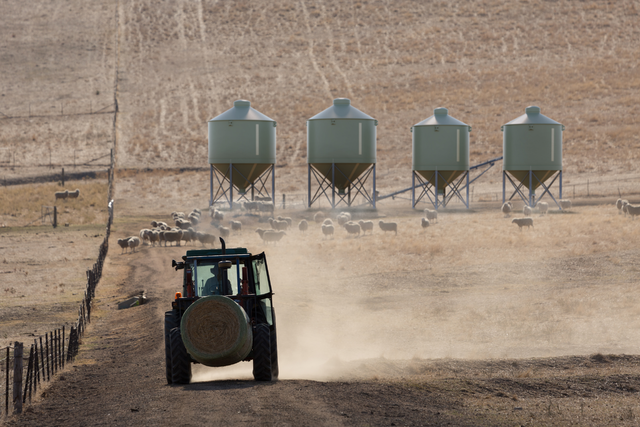
Food & Beverage
Maintaining hygiene and product integrity is essential in the food and beverage industry. Food Grade FRP silos provide a food-safe, FSANZ-approved solution for storing bulk ingredients like flour, grains, and sugar. Their smooth, non-porous interior prevents contamination and ensures easy cleaning, making them superior to traditional steel silos.
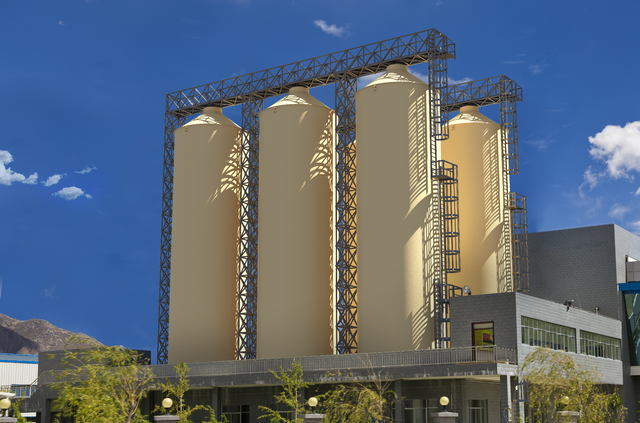
Construction
The construction industry relies on silos for the bulk storage of cement, sand, and other building materials. FRP silos offer a lightweight, durable alternative to traditional steel silos, reducing transportation and installation costs. Their corrosion resistance ensures long-term reliability, even in harsh environments.
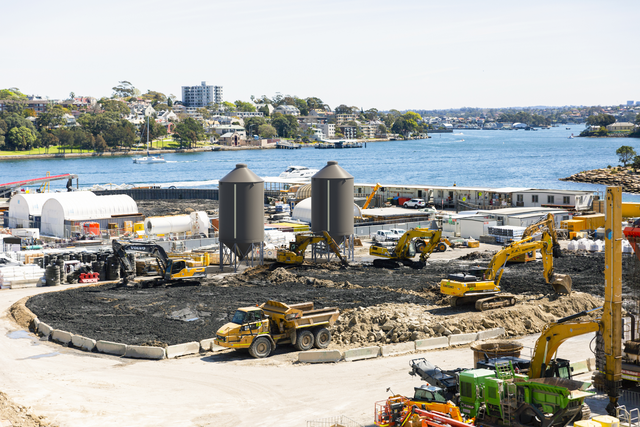
Renewable Energy
With the rise of renewable energy projects, FRP silos have become essential for storing biomass, wood pellets, and other renewable materials. Their resistance to environmental factors, such as UV radiation and moisture, makes them an excellent choice for long-term storage in renewable energy applications.

Pulp & Paper
The pulp and paper industry requires robust storage solutions for raw materials, slurries, and chemicals used in the production process. FRP silos offer superior chemical resistance, preventing corrosion and ensuring safe storage of pulp and paper production materials.
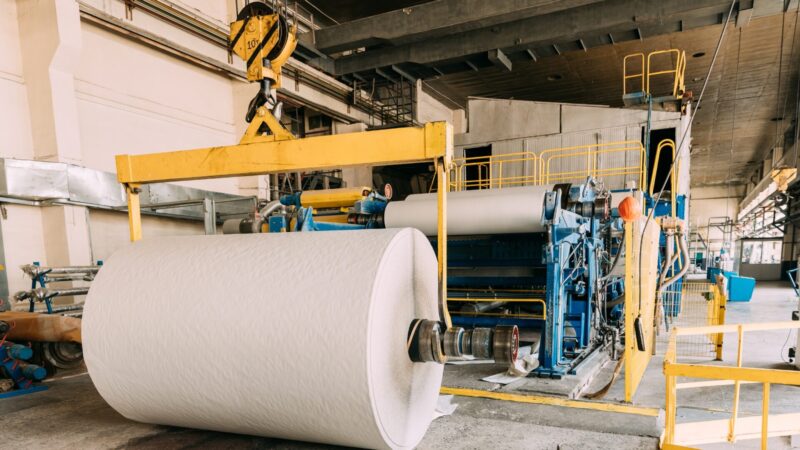
Water Treatment
Water treatment plants use silos to store lime, sludge, and other treatment materials. FRP silos provide an efficient, corrosion-resistant solution that extends the lifespan of storage infrastructure while ensuring compliance with strict environmental regulations.
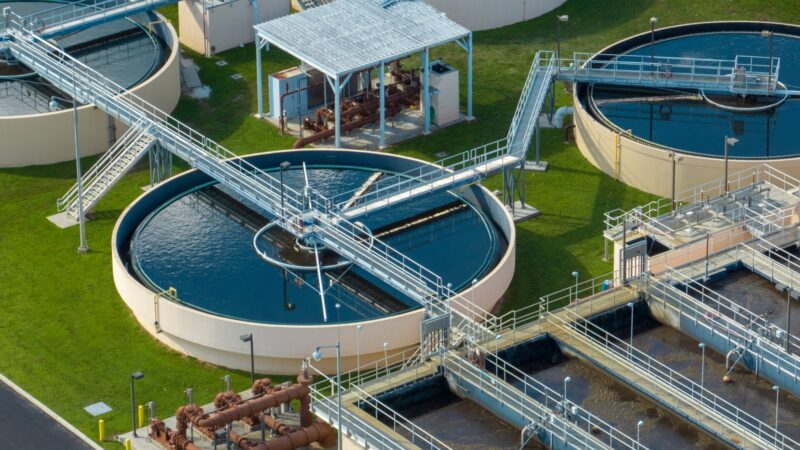
What is the Difference Between a Storage Tank and a Silo?
While both storage tanks and silos store bulk materials, there are distinct differences:
- Silos are designed for dry bulk materials, typically built vertically for efficient gravity-fed discharge.
- Storage tanks are used for liquids and chemicals, often featuring cylindrical or horizontal designs.
Storage tanks and silos are both used for storage solutions, but they serve different purposes. Storage silos are vertical structures primarily used for dry bulk materials such as grain storage, industrial powders, and construction materials. They rely on gravity-fed discharge to ensure smooth product flow. Storage tanks, on the other hand, are designed to hold liquids and gases, making them ideal for water treatment and chemical industries.
Unlike site-constructed silos, which require assembly, FRP silo tanks are fully assembled and offer superior resistance to environmental factors. Many Silo manufacturers in Australia prefer FRP silos over steel due to their high-quality product, non-corrosive properties, and turnkey solutions. Whether for industrial powders, renewable energy, or agriculture, choosing the right silo manufacturer ensures efficiency and durability in Australian conditions.
How Much Does One Silo Cost?
The cost of an FRP silo depends on size, industry requirements, and customisations. Unlike site-constructed silos that require extensive labour, FRP silos come fully assembled, reducing installation costs. Investing in FRP silos ensures long-term savings due to their durability, low maintenance, and resistance to environmental factors.
For an accurate quote, contact our friendly team at CSG Composites.
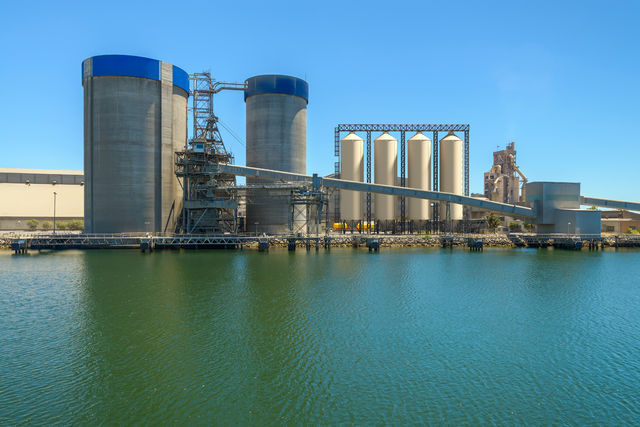
CSG Composites: Silo Manufacturers Australia
As a leading Australian silo manufacturer, CSG Composites delivers high-quality storage solutions tailored to Australian conditions. Our fully assembled silos comply with industry regulations and support local businesses with turnkey solutions.
Why Choose CSG Composites?
- Proudly Australian owned – Supporting local industries and businesses.
- Customised storage solutions – Designed for industry-specific needs.
- End-to-end service – From design to installation, ensuring seamless project execution.
- Expert guidance – A friendly team providing dedicated customer support.
For more information on our silo storage solutions, contact CSG Composites today and discover how our Australian-made silos can enhance your operations.
Industry Success
Client Testimonials
Scott Morris,
Radium
“It’s their knowledge of composites and FRP, the materials, the resins. It’s the experience they bring to the table with knowing the right compounds to put together is what makes the difference”
Jim Kelly,
Arris
“CSG Composites were very good to us as they were able to meet the short lead time and have the tanks ready to go”
